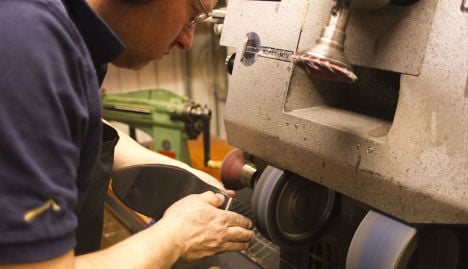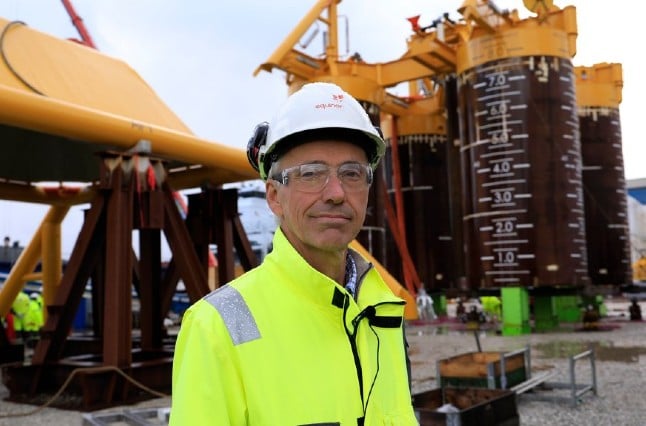In their proposals for its upcoming autumn budget, the ruling Social Democrat and Green parties plan to slash value added taxes on repairs to bicycles, clothes, and shoes, and to bring in a new tax break for people who carry out more expensive repairs to fridges, dishwashers and washing machine.
At the same time, the government plans to make buying new white goods and computers more expensive, by slapping on an additional “chemical tax” to cover the cost to the environment of substances which are hard to recycle.
“This issue was a really low priority under the last government,” said Per Bolund, the country’s minister for finance markets and consumption. “But if we want to solve the problems of sustainability and the environment we have to work on consumption.”
As well as encouraging them with lower prices, the government also plans a publicity drive to encourage people to repair their things more often, with 43 million Swedish Kronor (SEK) allocated for pushing the new plan.
“One area we are really looking at is so-called ‘nudging’, Boland said. “That means, through various methods, making it easier for people to do the right thing.”
He said that might be as simple as putting in clearer signs directing people to the nearest recycling facilities.
“From my point of view, it's not necessarily about consuming less, but more looking at what we consume and how.”
The government estimates that the tax breaks for repairing white goods will cost 190m Swedish kronor a year, while the reduction in VAT for reparations of cycles, clothes and shoes would come to 270m kronor a year.
The new chemicals tax is expected to raise about two billion kronor a year.



 Please whitelist us to continue reading.
Please whitelist us to continue reading.
Member comments